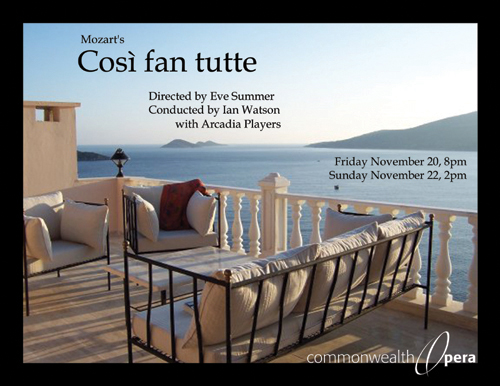I have long suspected that many musicians today think about tempo in a radically different way from our predecessors. We have clues from the scratchy monaural recordings of performers from the early 20th century, some of which seem wildly and laughably out of time, muddy, and untogether. Excessively self-indulgent Romanticism, the critics said. Perceptive writers such as Bruce Haynes in "The End of Early Music" have recently observed that the main tenet of modernism—finding musical virtue in cleanliness, regularity and following the written instructions of composers to the letter—is a relatively new phenomenon, dating from only around the 1920's, when Stravinsky and other composers celebrated the aesthetics of mechanized performance that follows the letter of the score, and criticized expressive variations in tempo as self-indulgent.
For better or worse, this aesthetic became the norm for subsequent generations, with accuracy, regularity, and cleanliness of execution becoming the highest ideals of a conservatory education. These ideals of modernism got transferred to a whole generation of early musicians, many of whom, after all, came out of conservatories, producing what Bruce Haynes called "strait" performances, and the next generation spent a lot of energy speeding things up to try to make what they did more "exciting." Too bad, in my view—maybe I'm just an old curmudgeon or a romantic at heart, but I find performances that are too fast and/or don't breathe because of somebody's idea of a fixed tempo boring at best. And when somebody pulls out a metronome in rehearsal to remind us what the tempo "should" be, it drives me nuts. NB this is not the same thing as planning rubato or "taking time" as a special device, but as a whole approach—can't we just sing and play each gesture or phrase in its own space instead of turning into machines? Maybe there's some hope on the horizon, though: flexibility as a normal way of playing seems to be making a comeback in some circles. Kudos to Eric Hoeprich: in a recent rehearsal he actually told me, "playing exactly together might be overrated." Love it!
*strait jacket


